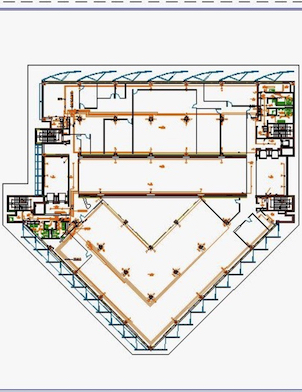Abstract
This paper explores the potential of distributed emulation networks to support research and pedagogy into historical and sociotechnical aspects of software. Emulation is a type of virtualization that re-creates the conditions for a piece of legacy software to operate on a modern system. The paper first offers a review of Computer-Supported Cooperative Work (CSCW), Human-Computer Interaction (HCI), and Science and Technology Studies (STS) literature engaging with software as historical and sociotechnical artifacts, and with emulation as a vehicle of scholarly inquiry. It then documents the novel use of software emulations as a pedagogical resource and research tool for legacy software systems analysis. This is accomplished through the integration of the Emulation as a Service Infrastructure (EaaSI) distributed emulation network into a university-level course focusing on computer-aided design (CAD). The paper offers a detailed case study of a pedagogical experience oriented to incorporate emulations into software research and learning. It shows how emulations allow for close, user-centered analyses of software systems that highlight both their historical evolution and core interaction concepts, and how they shape the work practices of their users.
Citation
Daniel Cardoso-Llach, Eric Kaltman, Emek Erdolu, and Zachary Furste. 2021. An Archive of Interfaces: Exploring the Potential of Emulation for Software Research, Pedagogy, and Design. Proc. ACM Hum.-Comput. Interact. 5, CSCW2, Article 294 (October 2021), 22 pages. https://doi.org/10.1145/3476035
